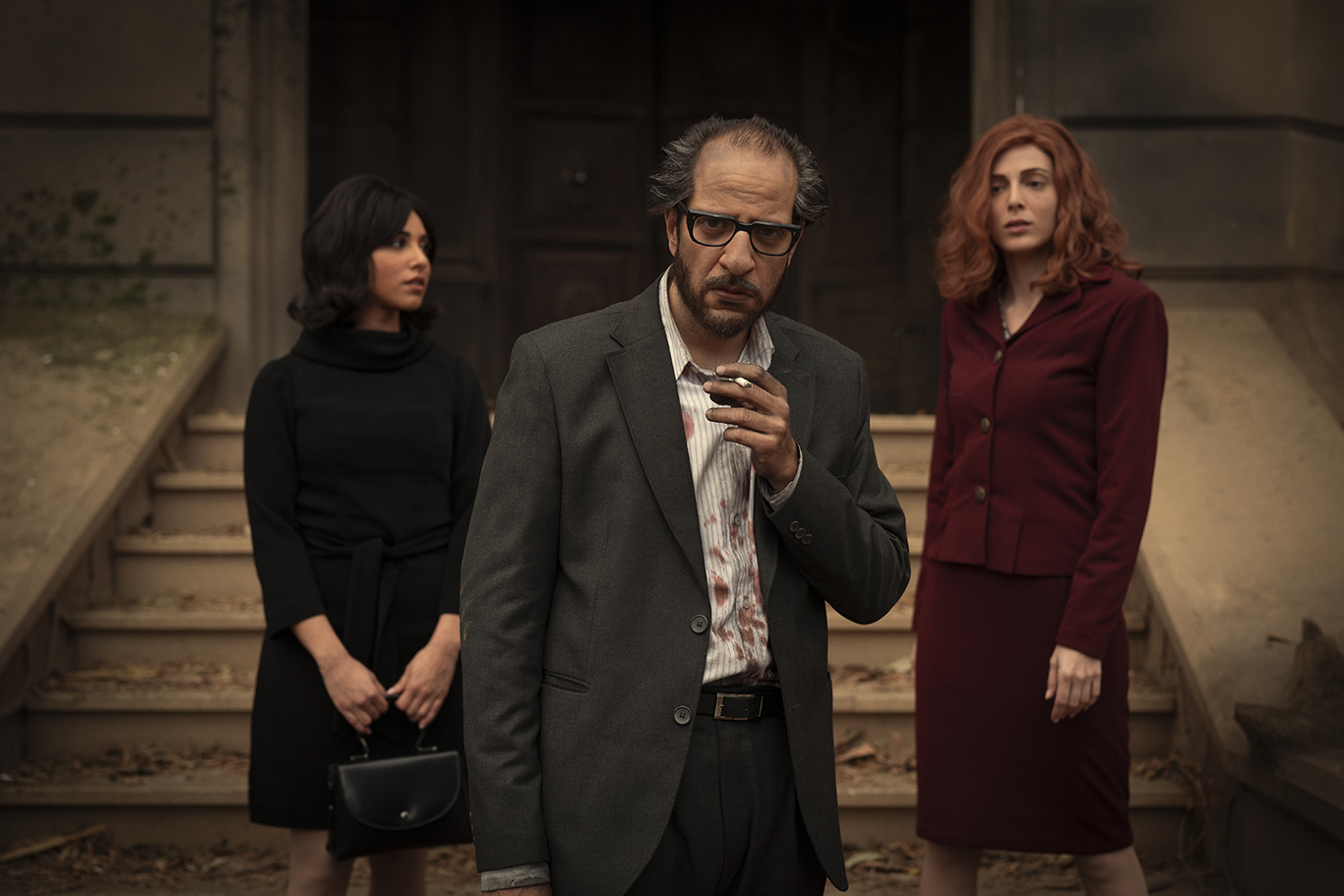From the branded box of Nefertiti cigarettes to the Gomhoreya newspaper, hotel and surrounding street signage and more, these minute details that often go unnoticed add a certain level of authenticity to Netflix’s first original Egyptian Series ‘Paranormal’. Based on the popular horror book series by Ahmed Khaled Tawfik which was first released in the early 1990s, Paranormal revolves around the everyday life of a protagonist by the name of Dr. Refaat Ismail (played by Ahmed Amin) who has always brushed off anything seemingly paranormal and bases all things on science. Amin, an actor more commonly known to take on comedic roles, delivers an endearing performance as the rather neurotic yet subdued Dr. Refaat Ismail. Narrating events and thoughts from his past and present throughout the show, the actor manages to add a layer of humorous relatability to the doctor (albeit a rather dark sort of humor) – who seems to be a strange character who prefers to keep to himself; so much so in fact, that he seems to be perfectly suited for the role. “I was slightly worried when Amr Salama (the show’s director) contacted me about the…
Netflix’s First Original Egyptian Series Transports You into the ‘Paranormal’ World: Review
November 5, 2020




